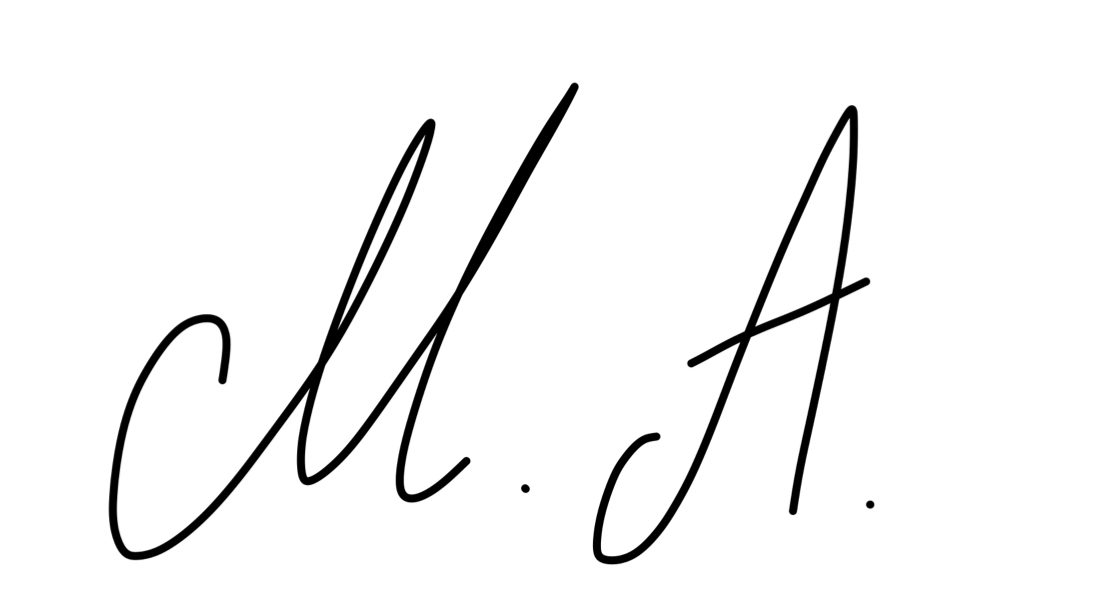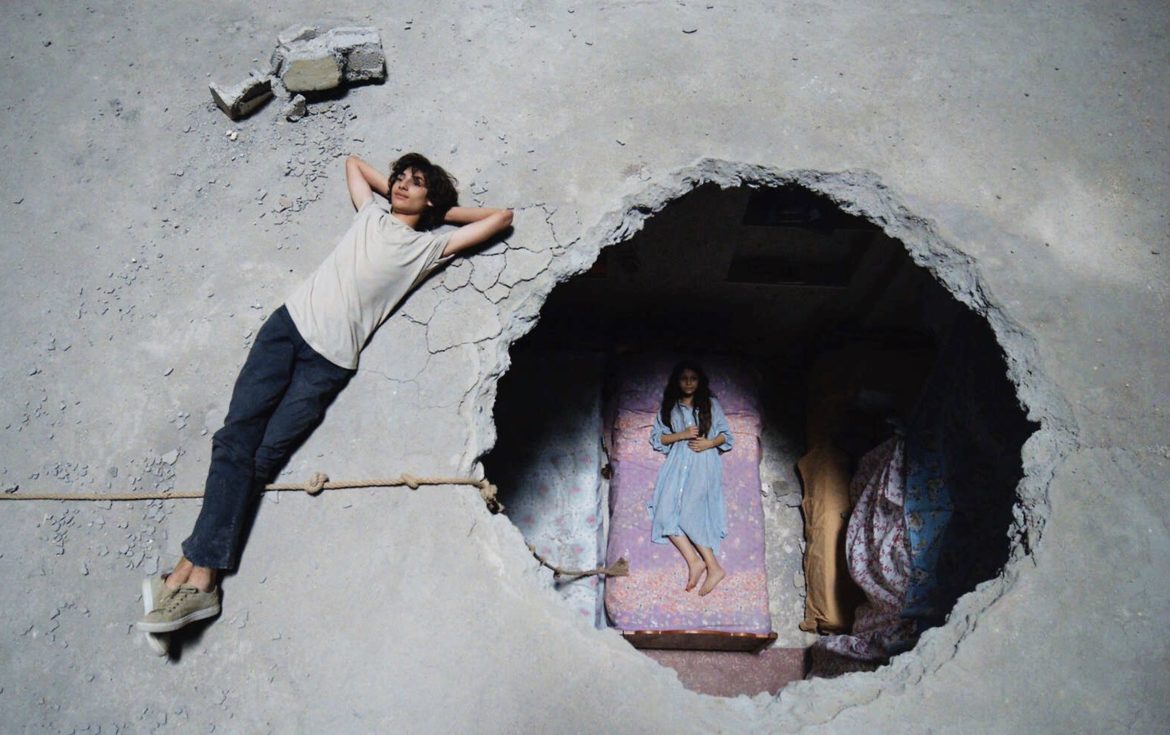SYRIA, 2024.
Available on streaming platforms.
Director Soudade Kaadan zooms in on a word that becomes more tragic as you dissect it into individual narratives. Nezouh (نزوح) means migration, displacement. It’s the only viable option that remains for the protagonists of this story, but it’s also what they fight against.
Set in war-torn Damascus, the film narrates the struggle of a population through the narrow filter of one family. A husband and wife, Mutaz and Hala, are the last ones standing (save one family) in their now deserted neighbourhood. They carefully ration their last provisions and attempt to revive an electricity generator as their young daughter Zeina doodles away in her bedroom. Mutaz is resolved to never become a refugee, and he takes on every challenge that comes their way with patriarchal pride, if not arrogance. But even he begins to lose hope when missiles perforate the walls and ceilings of their house. While catastrophic, this incident holds a silver lining for young Zeina: the hole in her bedroom’s ceiling leads to her meeting the boy next door, and allows her to explore a world she never dared step into before.
Nezouh is a coming-of-age story, but looming in the background is the constant threat of missiles destroying everything in an instant. The sense of impending danger gives the characters a unique air of fatalism and courage – their feelings are heightened and their reactions become bolder. The film does have moments that don’t flow as smoothly and where the acting feels less natural, but overall it succeeds in delivering a sense of despair that carries within it a bright spark of optimism in spite of everything. There are some lovely shots and a touch of magic realism, mostly connected with the idea of the sea – a symbol of freedom and hope awaiting the city-dwelling protagonists in the far distance.
Kaadan explores the prelude to the refugee experience with great empathy for her characters, whether they want to flee or stay. It’s a bittersweet and fascinating story that, like other recent films detailing the refugee experience, needs to be seen and heard in order to better grasp the complexity of being displaced. It’s a reminder that what many merely see as a tricky sociopolitical phenomenon can be divided into millions of heartbreaking personal stories.
The Immersive Verdict: Nezouh explores the prelude to the refugee experience with great empathy and a touch of magic realism. It succeeds in delivering a sense of despair that carries within it a bright spark of optimism.
— Mersa Auda


